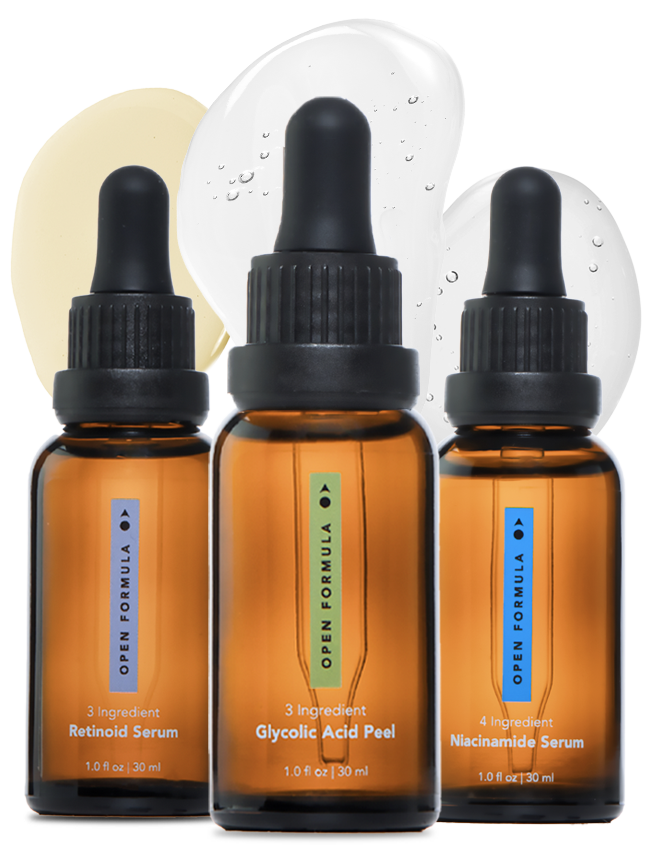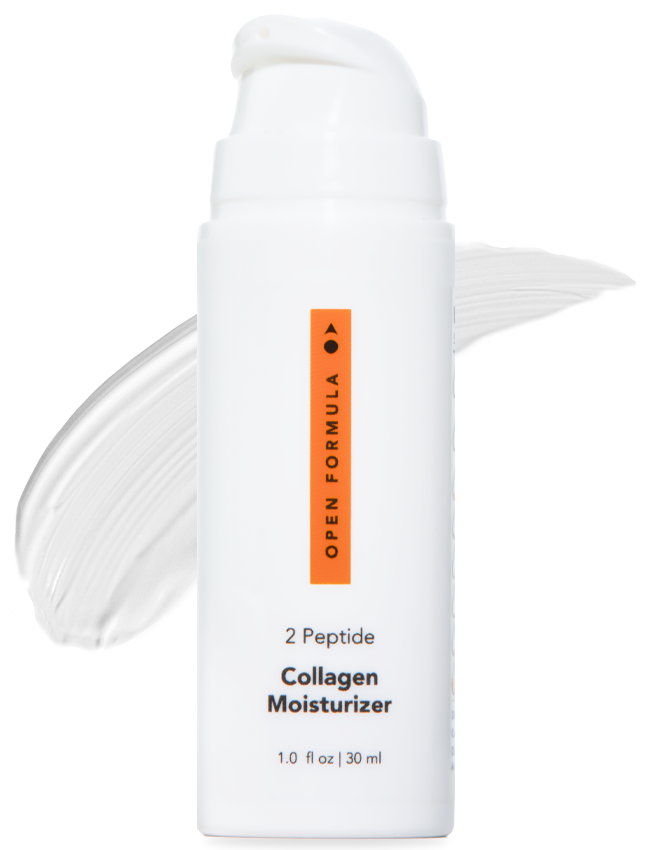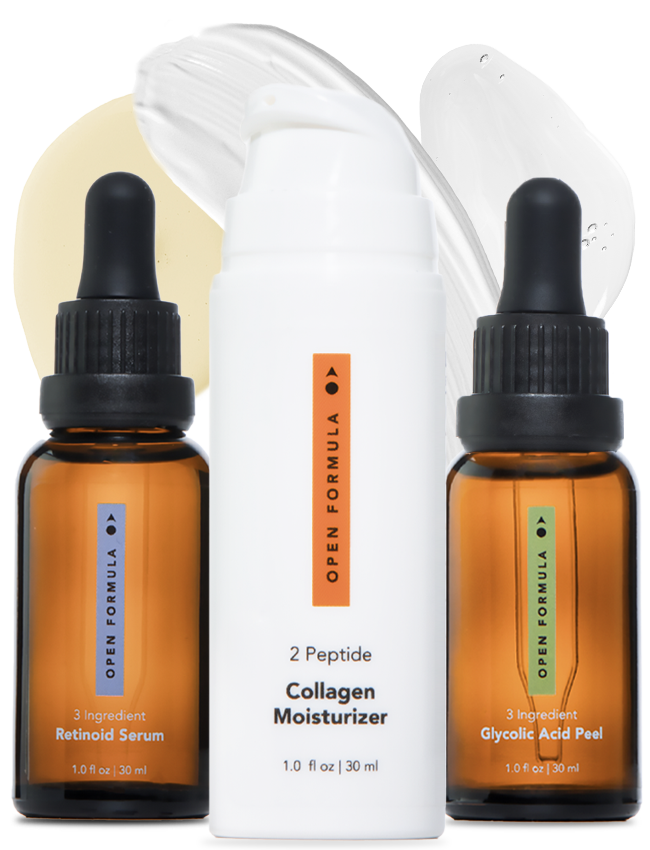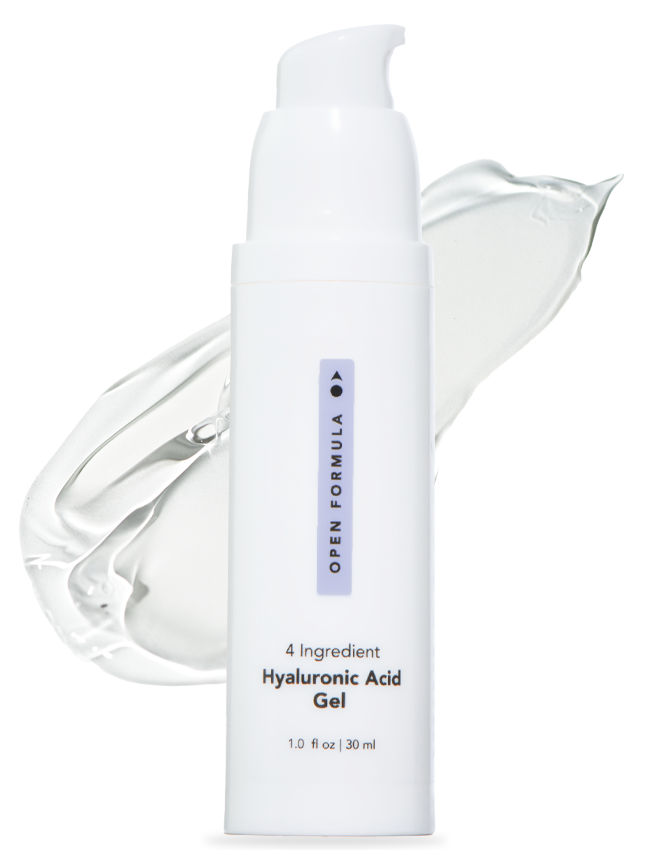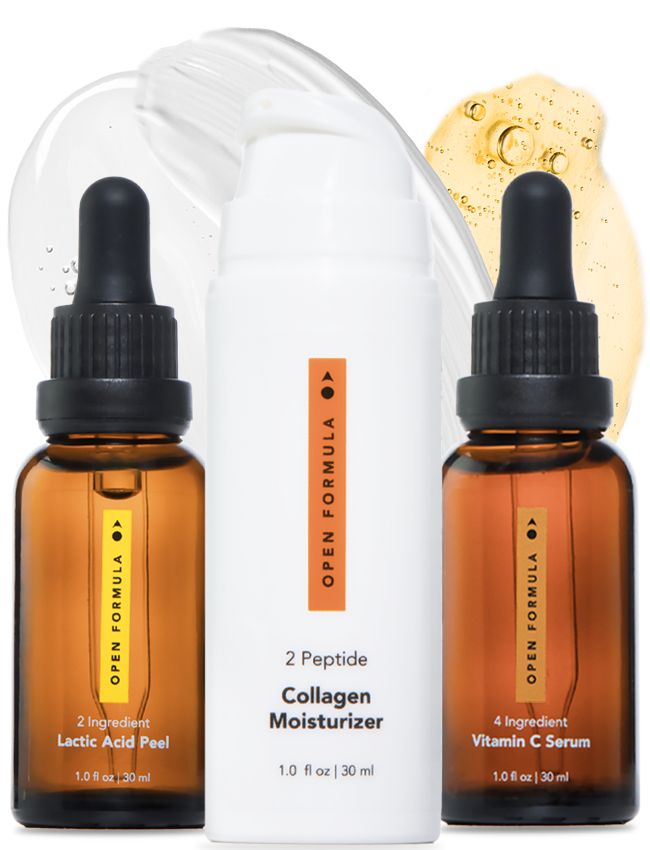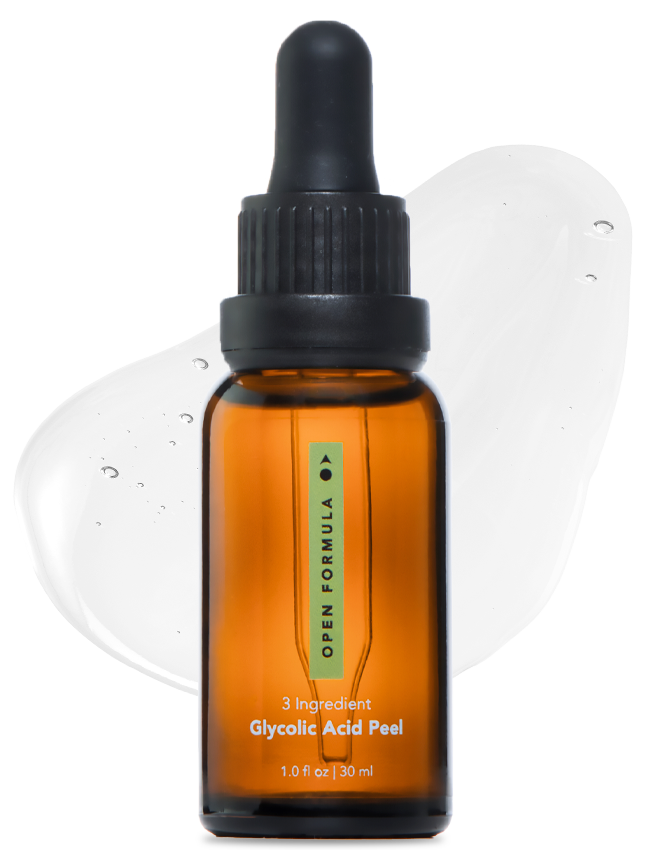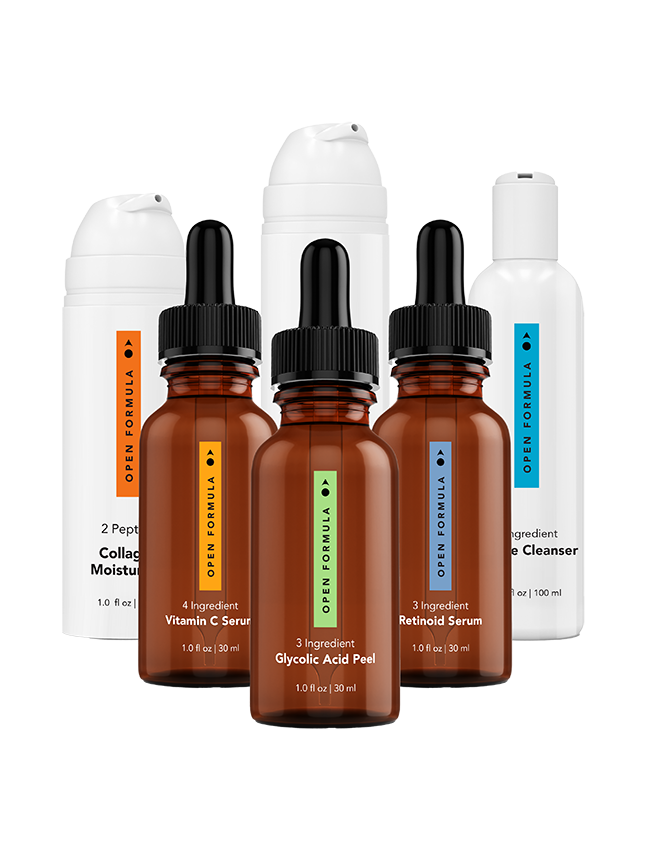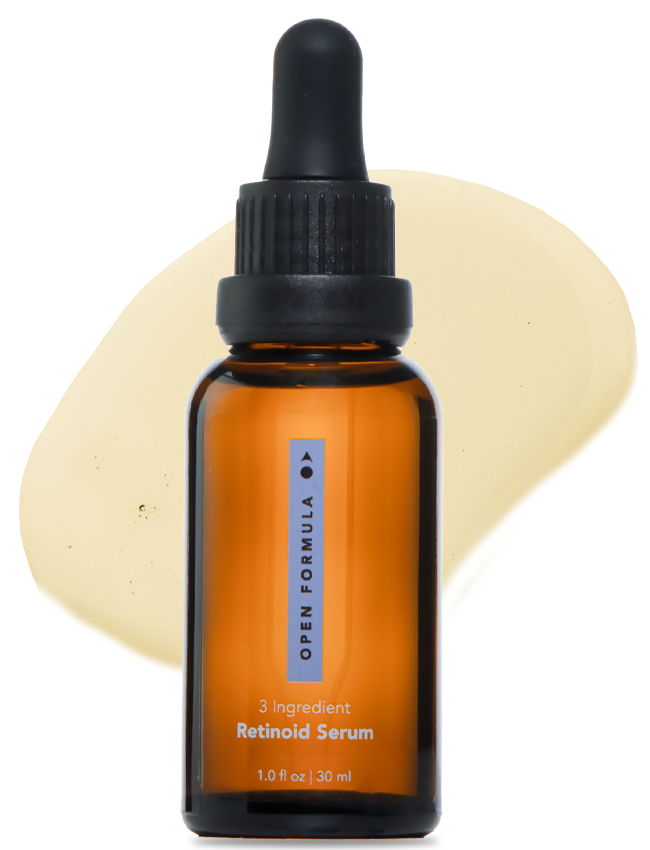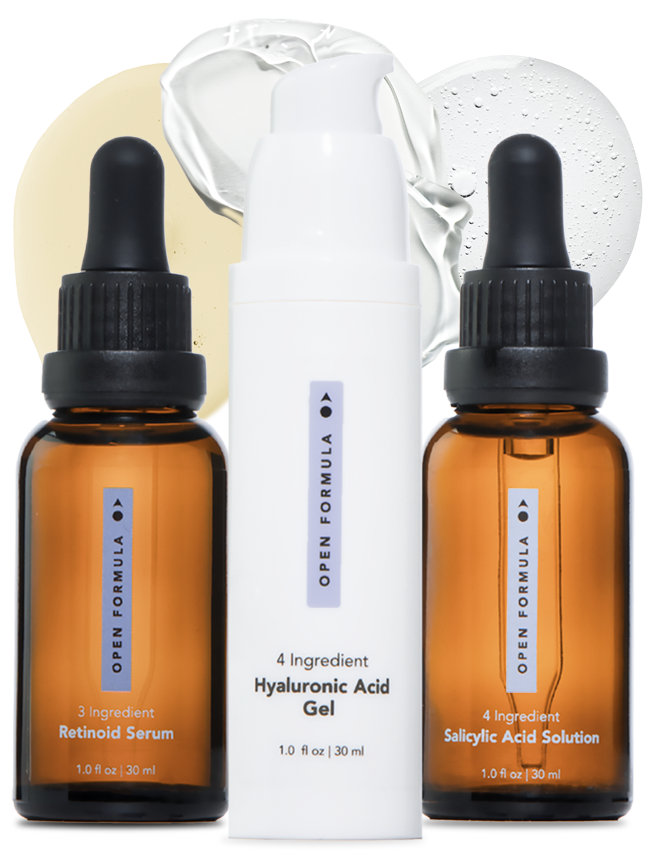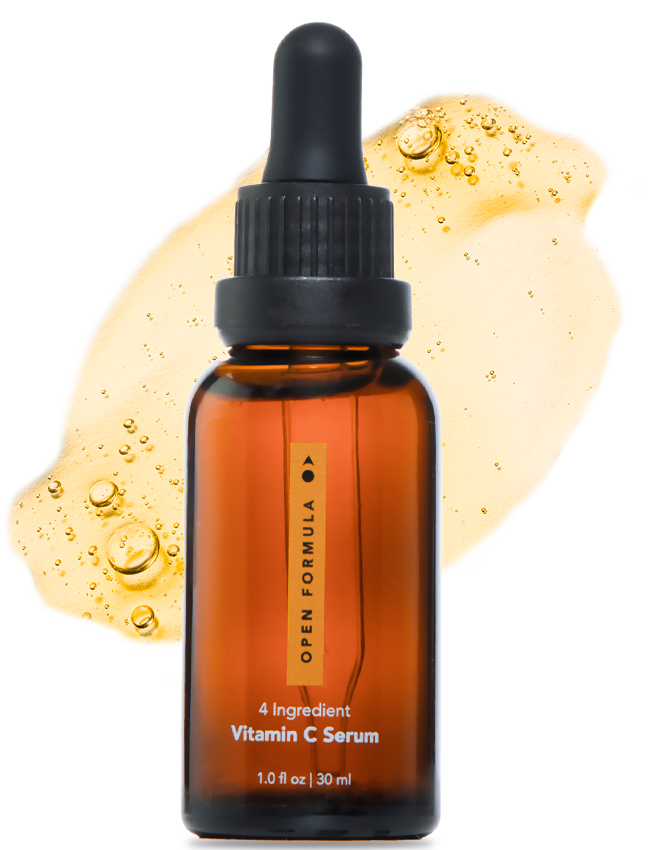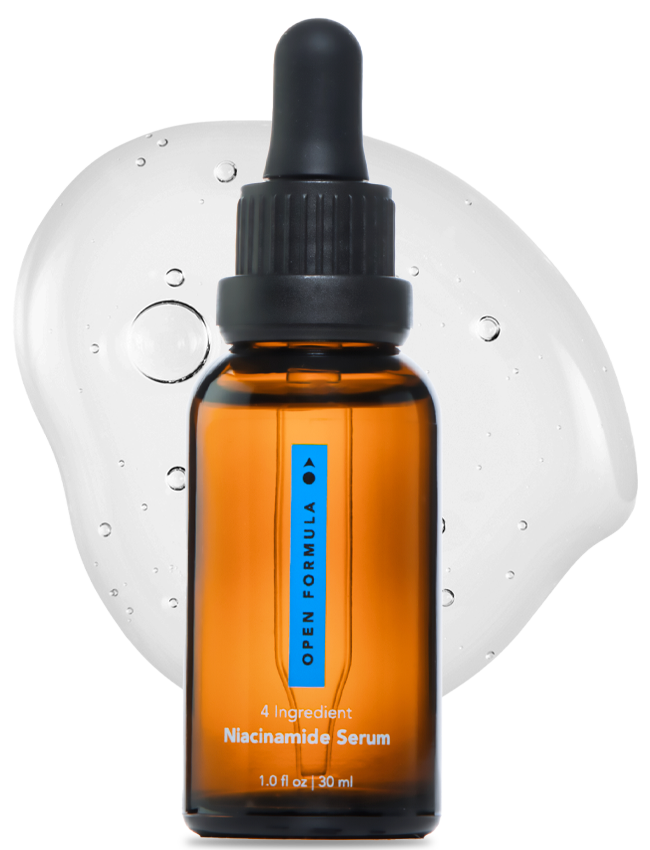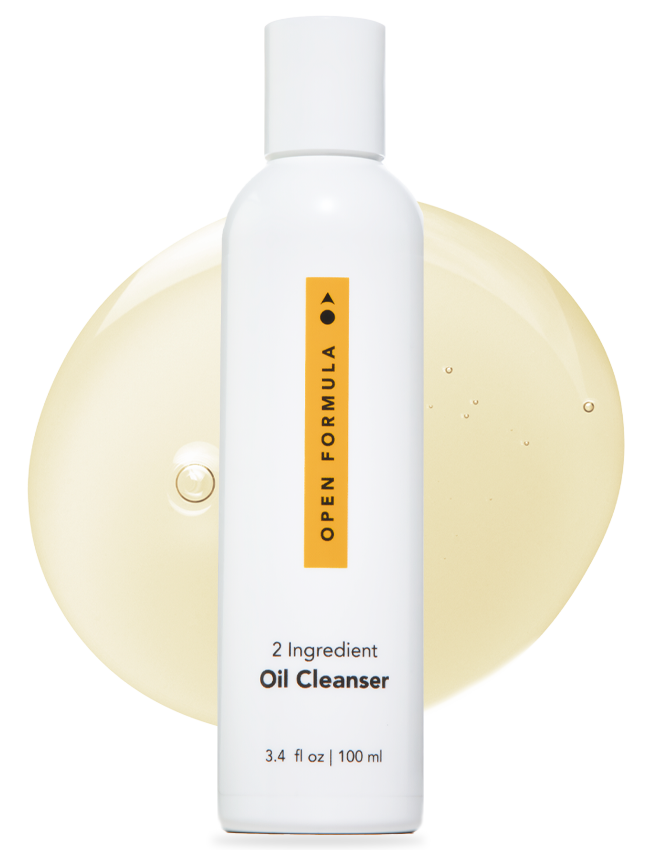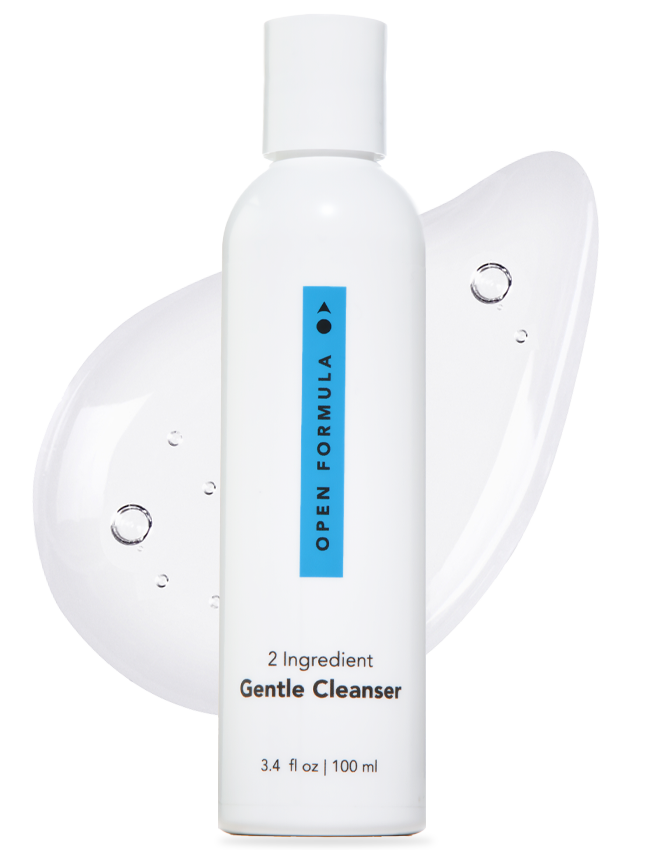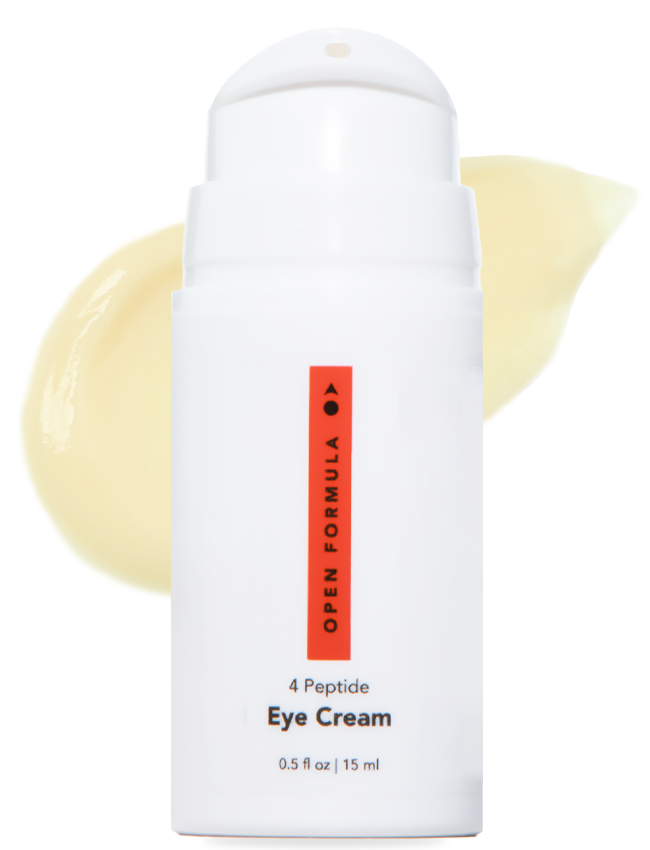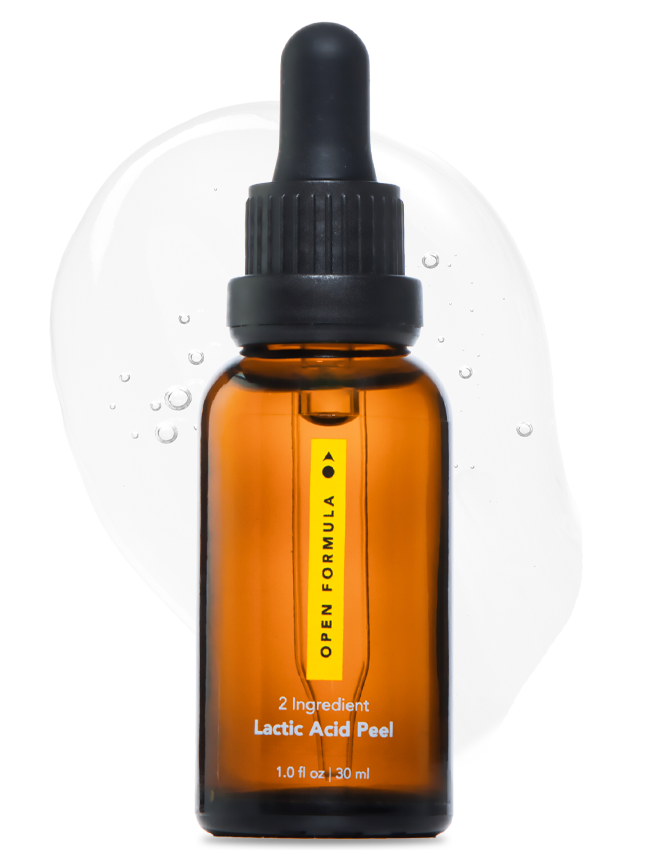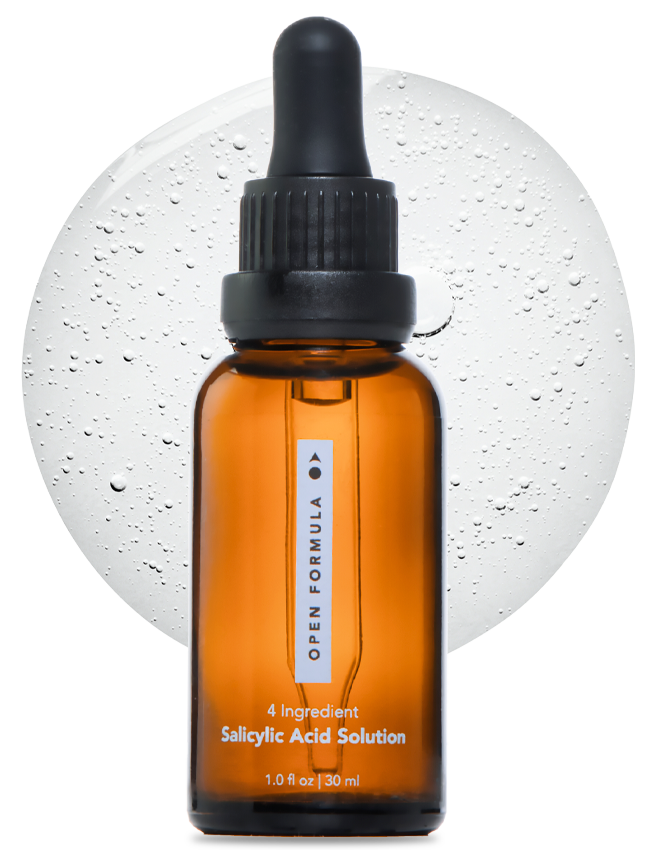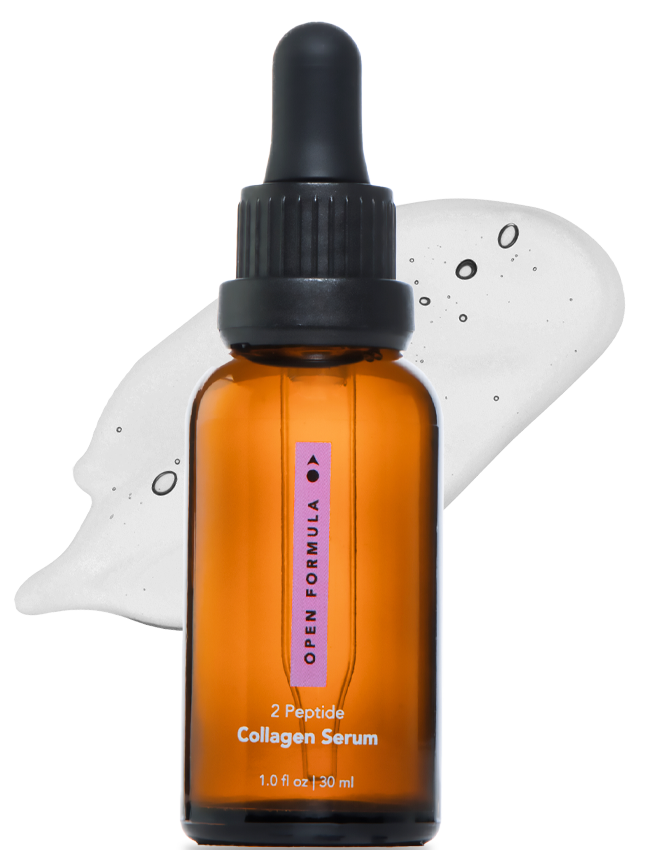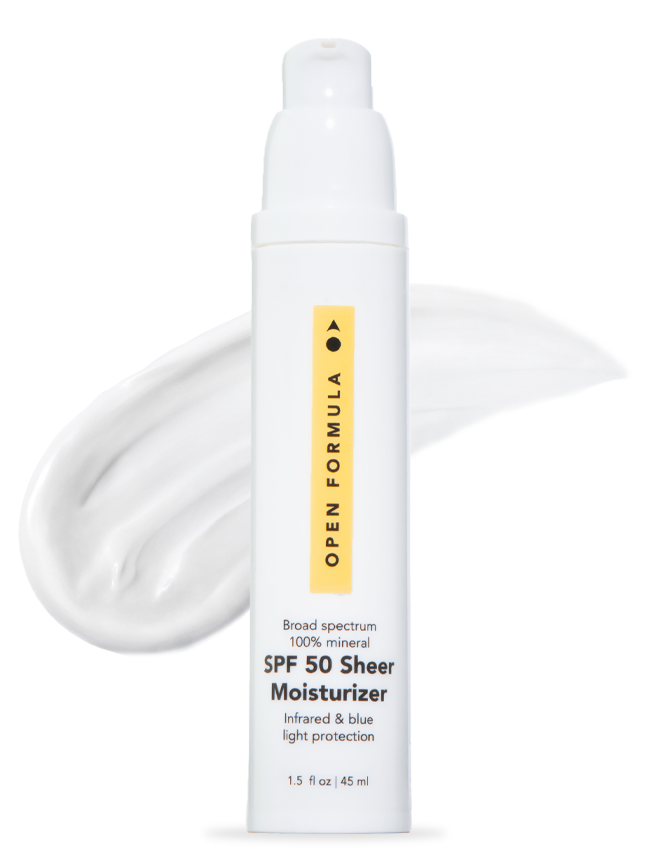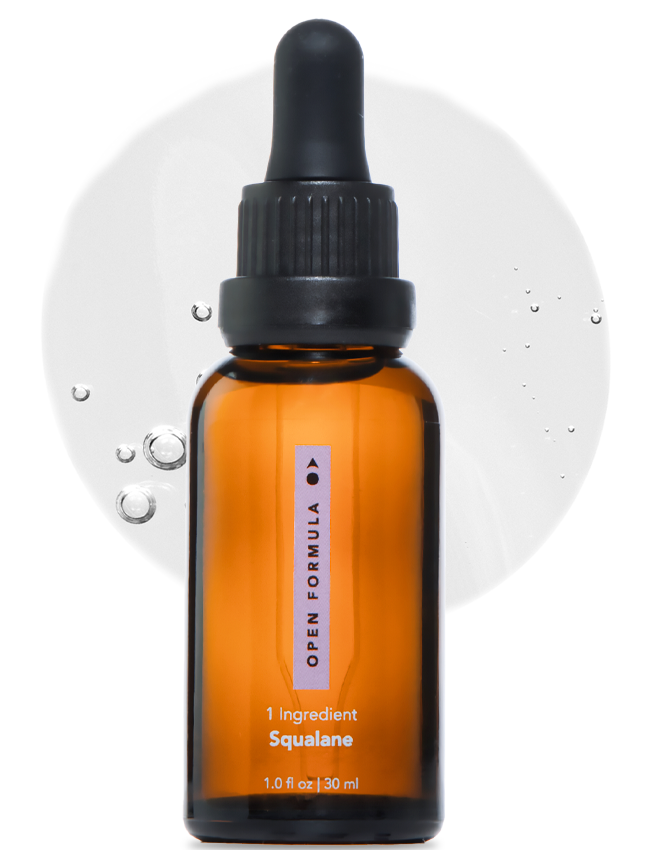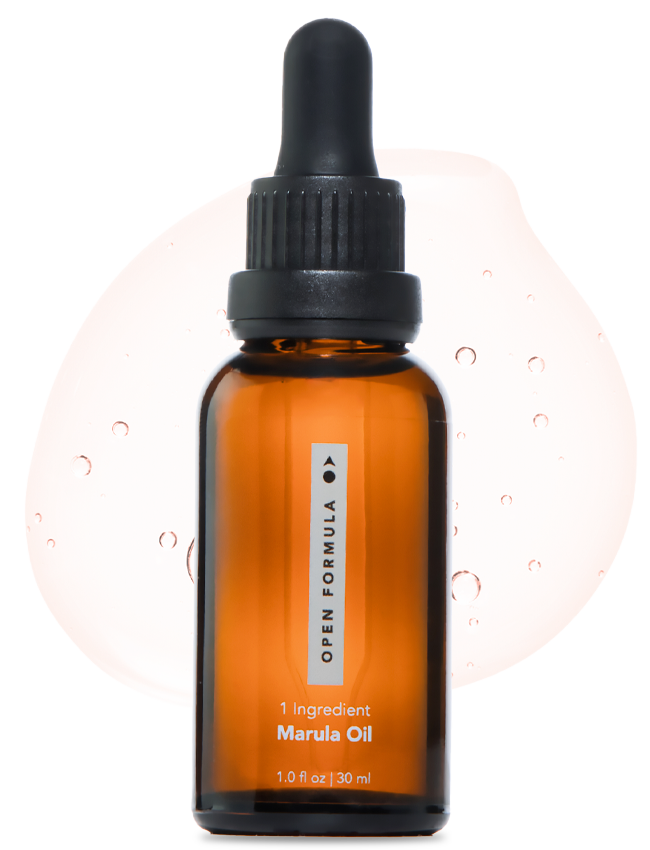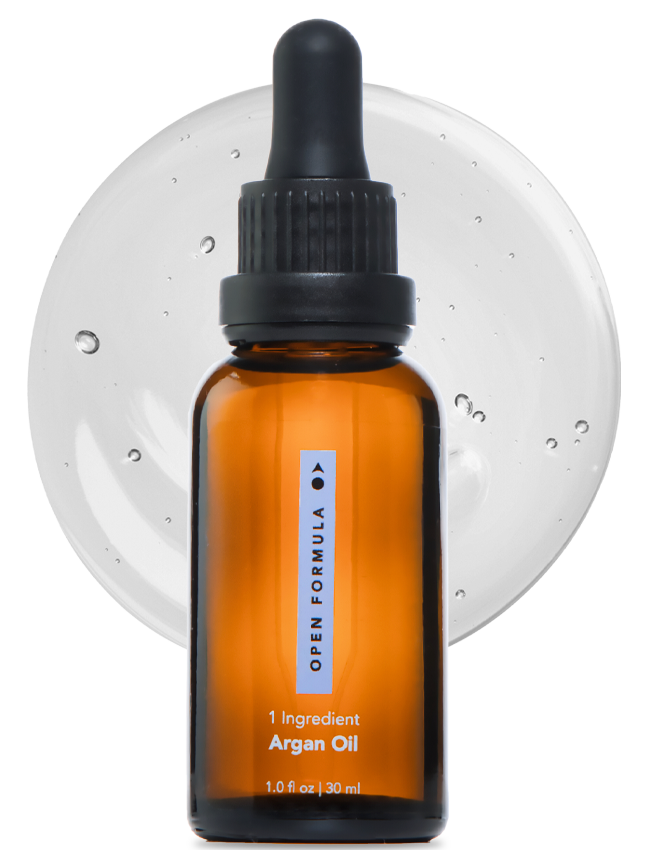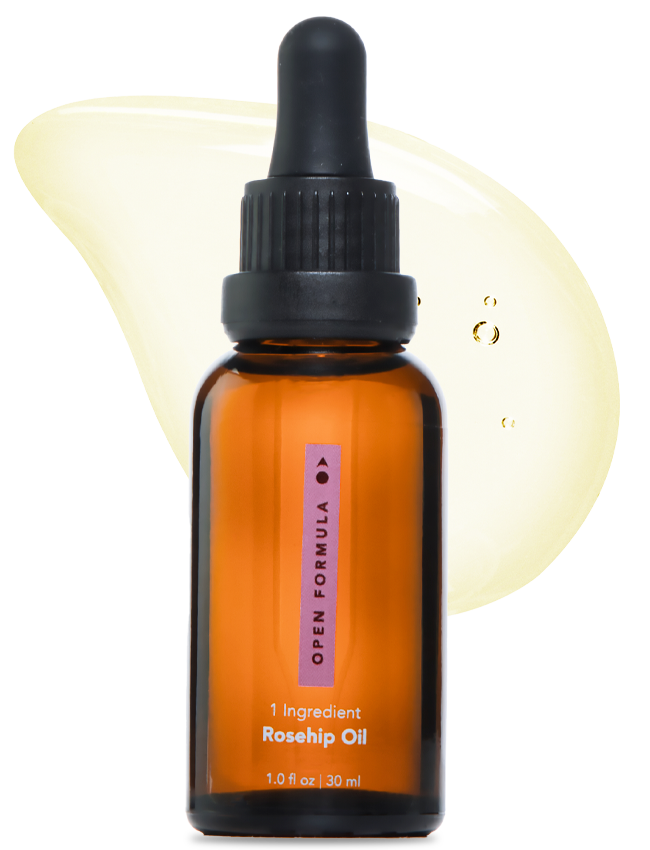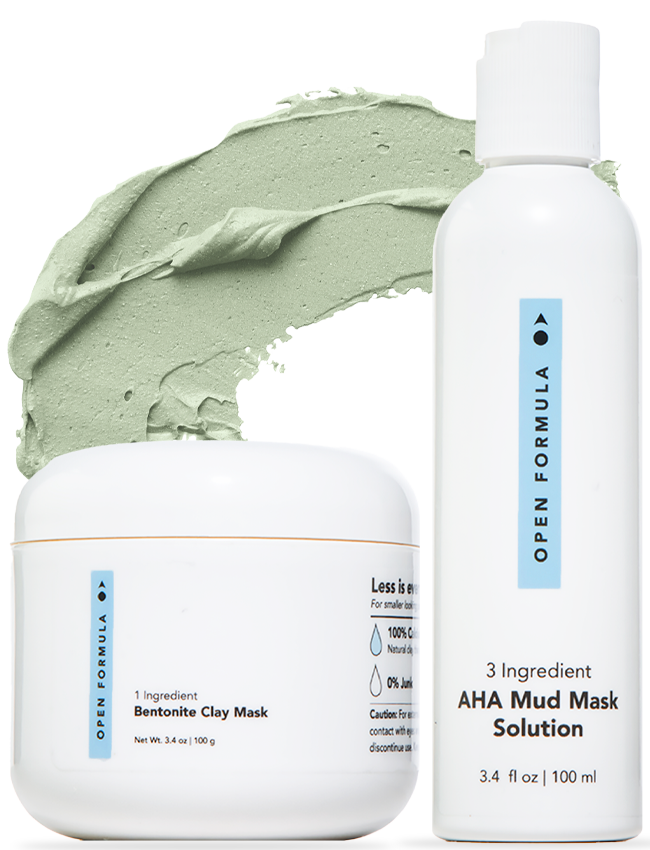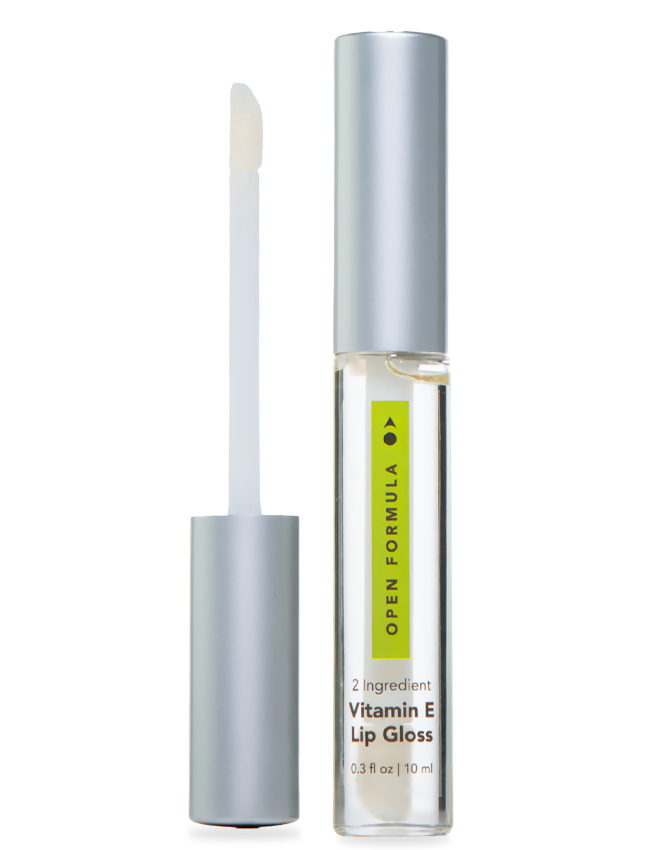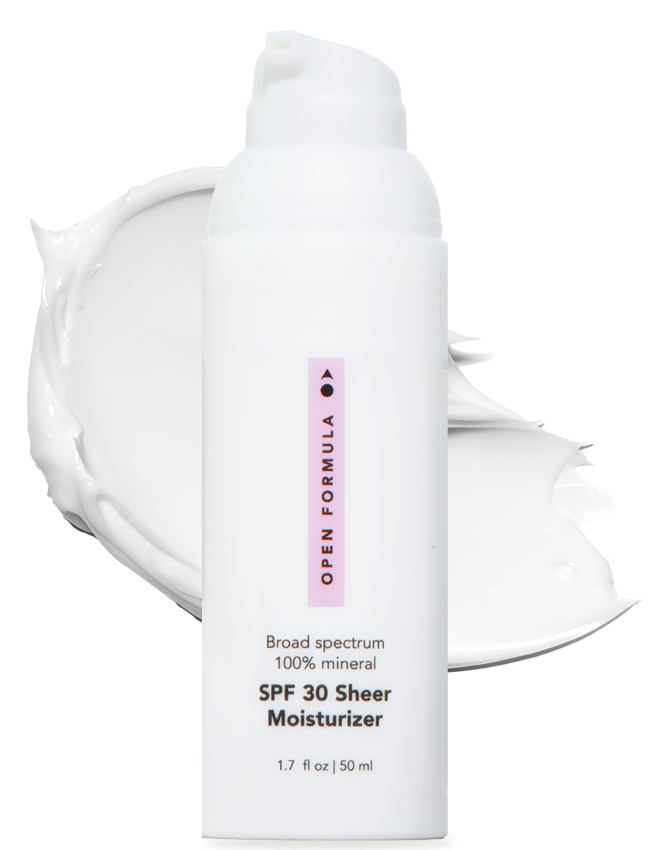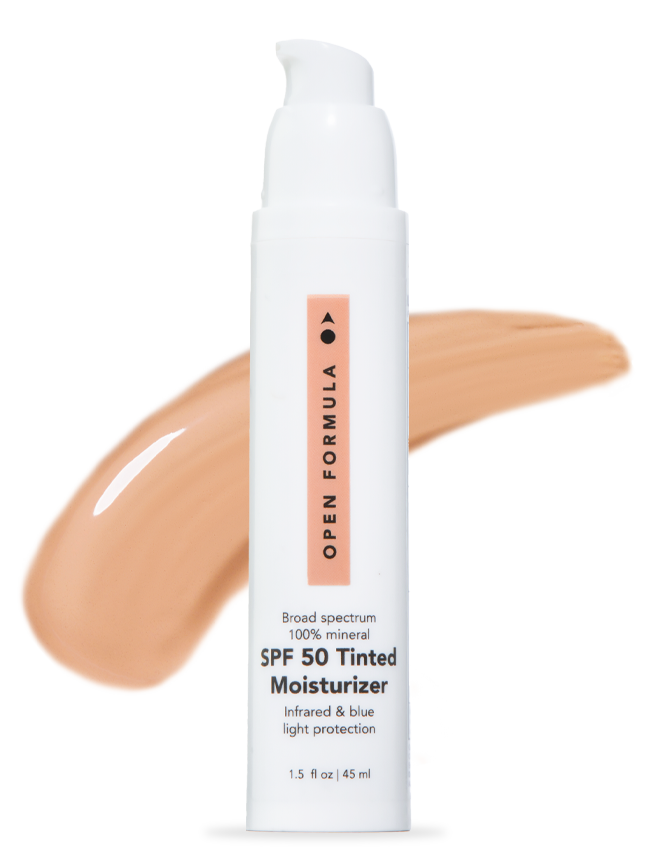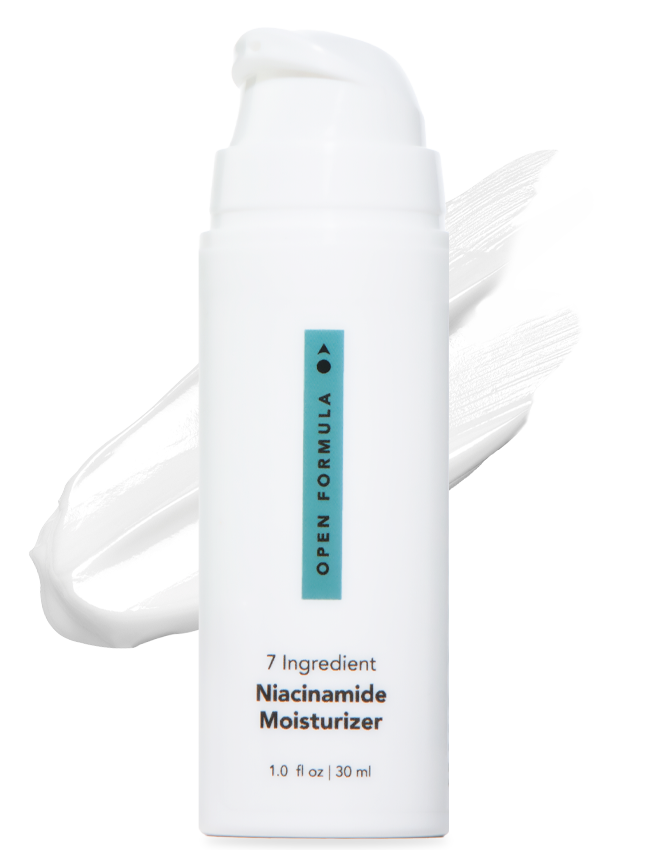Is “silicone-free” marketing just BS from brands selling silicone-free products? Or should you really avoid ingredients like dimethicone, cyclopentasiloxane, phenyl trimethicone? We’ve dug into the science to answer the question, "Is silicone in skincare is bad for skin?"
Should You Really Stay Away From Silicone in Skincare?
Silicone essentially stands for stay away in cosmetic circles these days. We’re supposed to avoid all products for hair and skin that contain silicone. Silicones are labeled as cheap, synthetic fillers that don't do any good at all. But this negative stance is almost always declared by brands that have gains to be made by selling their own silicone-free products. So is this reputation deserved?
What is Silicone and What Does it Do?
In skincare, silicones are made from silicon dioxide, a naturally occurring mineral. You can tell if an ingredient is a silicone if it ends in -cone, -conol or -siloxane.
Silicones must actually be doing something, since despite all the controversy surrounding them, companies are still using them. Let’s take a closer look:
Silicones make cosmetics (of all types) feel nice to use.
One of the reasons that silicones are used in skincare is to make a formula feel silky and smooth. They’re usually included to make formulas easily spreadable, such as moisturizers and serums. When it comes to makeup, they can temporarily fill in visible lines and pores so they’re usually included in primers. They also appear in hair care to really make your hair feel super suave and silky.
They’re hypoallergenic, non-reactive, and non-comedogenic
Silicones are approved by the FDA for use on skin. While that may not mean it’s totally harmless, it’s worth noting. True, silicone allergies are also very rare because immune cells can’t interact with silicone directly, making them extremely safe to use on skin.
Formulations of silicone alone are also non-comedogenic, meaning silicone won’t clog pores. This is why you tend to see it pop up more in products tailored for acne-prone skin, as they don’t leave behind a greasy feel or make you more vulnerable to breakouts.
They provide oil-free moisture and prevent water loss
While oils can have remarkable benefits for skin, many oil serums, while moisturizing, are pore clogging. A silicone-based gel moisturizer can also do the job just as well as an oil-based one, but without the potential pimply byproducts. Some silicones act as occlusives, meaning they stop water loss from the skin. Some silicones also have more emollient effects, filling in uneven spaces to create a smooth, hydrated surface.
5 Silicone Myths Debunked
1) Silicones ‘suffocate’ the skin
Because silicones have some occlusive properties (as in, the type of moisturizer that seals water to the skin) there’s word on the street that silicone also traps acne-causing bacteria to the skin, causing breakouts. Firstly, the skin doesn't 'breathe’. We have our lungs to do that for us. Secondly, while it is an occlusive, silicones form a barrier that still allow some air and water to pass through.
2) Silicones don’t actually fix the skin issue, they put a bandaid over it
Because silicones are so good at smoothing over a lot of visible skin concerns, there’s a mistaken idea that the silicone is just hiding the issue temporarily, and even potentially worsening it over time. The thing is, this is totally a myth.
Yes, silicones are unique because they can instantly make skin or hair look better, but that doesn't mean they're not good for either of them! Silicones have unique moisturizing & moisture sealing properties that keep hydration in the skin—right where it needs to be.
3) Silicones are cheap filler ingredients
The fact is, some silicones actually have the power to reduce heat and environmental damage to hair. So silicone is a perfectly justifiable ingredient in a skincare or a haircare formula.
4) Silicones are bad for the environment
Now, this is a tricky one. There are a few claims that silicone builds up over time and doesn’t break down in the environment. There’s an important distinction to be made. According to Michelle Wong, chemistry PhD and cosmetic specialist,
“...Silicones aren’t biodegradable, but they are degradable – they degrade in the environment, and turn back into silica (sand), carbon dioxide and water.”
Biodegradable means that it breaks down by biological means, like bacteria. Degrade just means that it breaks down into smaller components of what it’s made of—in this case, the molecules that we’ve mentioned.
5) Silicones prevent other ingredients from absorbing
This one goes hand in hand with the myth that silicones suffocate the skin. But this claim is in regards to whether silicone prevents your skincare from being effective.
According to this line of thinking, if you used a serum with silicones before using another product, the second product wouldn't be as effective because the silicone molecules obstruct the path of the second product. But as far as occlusives go, silicone is pretty breathable. Additional skincare can definitely still pass through, with full ability to do its job.
Takeaway
All in all, there's really not much to worry about when it comes to silicone in your skincare. The worry is mostly just the alarmist media buzzer sounding. Silicone is typically a helpful skincare ingredient that will not harm you. So there's no need to do a huge skincare overhaul if you’ve noticed silicones are already in your routine!






